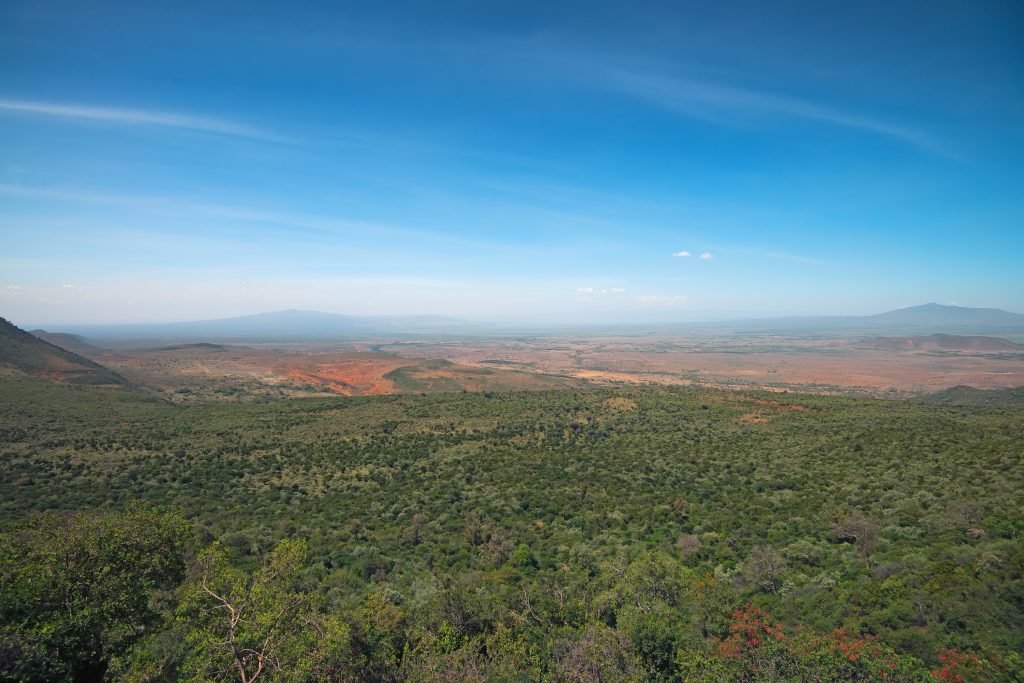TP Transcription Limited recently donated £982.16 to the Ripple Effect (see below – 1% For the Planet donation)
The Ten Percent Foundation recently agreed to donate £982.16 to the Ripple Effect, an African charity dedicated to improving farming techniques in a number of African countries. We have a commitment to donate 1% of turnover for TP Transcription Limited to charities accredited by 1% for the Planet, which we subscribe to. As a result, this year some of our 10% of net profit donation has been donated directly from the company coffers to charities rather than via the usual channel of us donating via the Ten Percent Foundation. As a result of this, we have had to donate a rather odd amount – £982.16!
Ripple Effect
Ripple Effect’s mission is to inspire and equip communities to transform lives and protect the planet. We believe Africa is rich with opportunity, with resourceful communities and land which can produce enough food to feed the continent. But families face poverty that is extreme and unnecessary. The knowledge and skills needed for farmers to grow and sell effectively is often lost or has not adapted to changed conditions and climates. We work alongside farming families in our three areas of expertise: sustainable agriculture, gender and social inclusion, and enterprise development. Vulnerable households learn practical approaches to make their farms more productive, provide for their household needs and invest in their futures. Ripple Effect projects are designed and run by experienced national staff and local facilitators, working in partnership with the communities.
The Ripple Effect were nominated by Martin Chambers, who completed a charity suggestion form on the Ten Percent Foundation website.
The Restore Project
The RESTORE project will equip vulnerable households living around the protected wetlands complex of Lake Cyohoha to gain food security, good nutrition and a sustainable income. These households and the wider community will be empowered to meet their own needs whilst conserving and restoring the natural resources they live with. The wetlands area and the communities will be more resilient to climate shocks, helping the land and the people living there to thrive for the long term.
Location: Kirundo Province, Burundi, and Bugesera District, Rwanda – either side of Lake Cyohoha which forms part of the border.
Duration: 1st January 2025 – 31st December 2026
Local Partners: Ripple Effect Burundi and Ripple Effect Rwanda
Project Need – in the area surrounding Lake Cyohoha, climate change has had a direct impact on food security and livelihoods, with families unable to grow enough food to eat, and no surplus produce to sell for income to buy necessities. The impact of further changes in the climate could tip these communities into famine. The local populations are dependent on agriculture for their livelihoods but are facing profound challenges from erratic rainfall, expanding periods of drought and increasing competition for natural resources that have already been depleted by unsustainable practices. Burundi is one of poorest and least developed countries in the world, with alarmingly high levels of food insecurity and malnutrition and the lowest GDP per capita in the world (World Bank 2021). More than 50% of the population are food insecure, and 52% of children under the age of five are stunted.
Project Impact
As a result of the RESTORE project training programme households will adopt agroecological practices to achieve improved production on their smallholdings, families will be food secure and have nutritious, diverse diets, households will have diversified income sources for sustainable income above the international poverty line, women will actively participate in decision-making, control of natural and economic resources, and as project participants and the wider communities adopt sustainable land management practices in place of those which are damaging to natural resources, the area will be more resilient to climate shocks and protected from further degradation.
What does this project actually do?
- Training farmers in agroecological approaches such as natural pest control, water and soil conservation, irrigation, organic compost production, inter-cropping, crop rotation, agroforestry
- Provision of climate responsive (drought tolerant, disease resistant) fruit, crop and vegetable seeds/seedlings
- Training in climate-smart integrated animal management, including animal welfare, feeding, breeding, disease detection, climate-resilient fodder crops.
- Provision of some small livestock such as poultry and goats.



